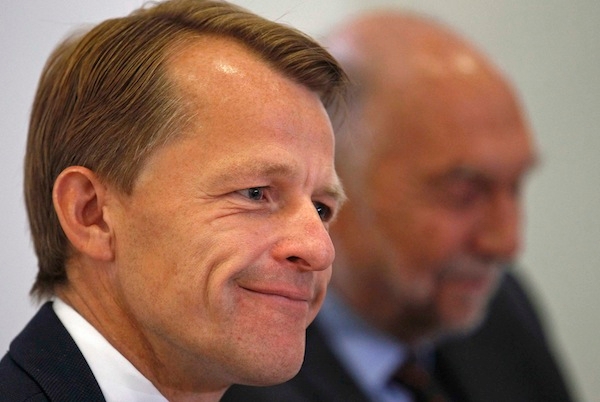Appointing David Laws as deputy to Michael Gove seems like a sensible way of bringing the Liberal Democrat back into government at first glance. But this move, which is one of the changes David Cameron is rumoured to be considering as part of the reshuffle, is actually rather a waste of a talented member of Nick Clegg’s party.
Here’s the case for putting Laws in the education department: He is not from the wing of the party that gets the most upset about Gove’s reforms in education. In fact, his views on free schools and the profit motive suggest he could work well with the education secretary. On profit-making, he said this in an interview with an education magazine in January:
‘I think that we would be unwise to rule out the possibility of it ever happening, but I don’t think it should happen over the next few years. I think that we need to embed the existing new programme of Free Schools and demonstrate that it is about education performance and not about allowing people to ‘exploit’ the education system.’
Gove and Laws get on well: before the general election Gove said ‘his is a voice I have always benefited from listening to in the past’. The relationship would not be fully cordial, though: the two men would be likely to clash over whether local authorities should retain some level of supervision over free schools, or whether they really are independent institutions. Laws seems to favour the former at present.
But the real problem is that Laws might not be much use in education: not because of his views but because Gove’s reforms are so successful. Why move a ‘troubleshooter’ to a department where there is no trouble? Instead, Conservative MPs would rather see him in a role where he could reach out to departments where coalition discord is far more manifestly blocking progress. He could do this from a desk in the Cabinet Office, which is also where the advisers who joined Nick Clegg’s team to shore up his influence in each department are based. It also gives him the flexibility to intervene in policy areas where unexpected trouble flares up, which it could well do in the most unexpected of places, given the still tense post-Lords reform landscape.







Comments